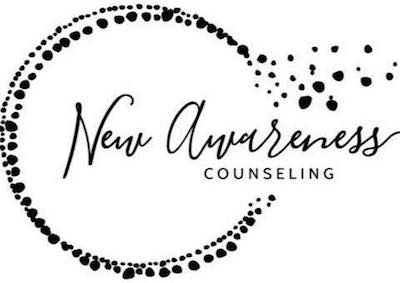
Frequently Asked Questions
What is EMDR?
EMDR stands for Eye Movement Desensitization and Reprocessing. It is an integrative psychotherapy approach that has been extensively researched and proven effective for the treatment of trauma and other psychological disorders.
Ashley is trained in EMDR, which works well addressing trauma, post traumatic stress disorder (PTSD) and phobias. According to the EMDR International Association (EMDRIA), EMDR has helped millions of people in all age groups relieve many types of psychological stress.
What can therapy do for me?
There are a variety of benefits that can come from therapy, and they tend to be individualized. Therapists are there to provide levels of support, teach certain skills, and help patients discover new coping strategies for things like anxiety, depression, stress, or even creative blocks.
Essentially, a therapist offers a different way of looking at things-–perhaps a perspective you haven’t yet considered, which makes it easier to point you in the right direction. We can find those solutions by channeling the resources you learn in your everyday life.
Let’s take a look at a few examples of some common benefits:
- Grasping a deeper understanding of who you are
- Identifying your goals and dreams
- Obtaining the right skills for bettering your life’s relationships
- Learning resources to put an end to the issues that brought you to therapy
- Managing problem areas in your personal life, like anger, stress, depression, etc.
- Creating new patterns of behavior for yourself
- Changing your problem-solving perspective
- Boosting your self-esteem and confidence
How do I know when to seek therapy?
There is never a right or wrong time to seek out therapy. Every person experiences many different challenges throughout their life, and may not realize they need guidance until after the fact. Some people can simply get through these life obstacles better than others, and even then, it’s never a bad idea to seek out additional support. In all actuality, therapy is ideal for people who understand themselves enough to realize they actually could use a helping hand at any given time.
How do I know if therapy is right for me?
Many people seek out therapy for different reasons, whether they’re going through a big life change, or just aren’t coping well with stressful situations. Sometimes the assistance of therapy can not only help with specific situations, but it can help with explaining deeper, personal issues as well. Depression, anxiety, relationship issues, and even low-self esteem are often common reasons to seek out help. You may start by looking for one thing, and find on your journey that you can gain so much more through learning the right skills, and having the right kind of encouragement. The desire to make a change starts from within, and it is likely that some form of psychotherapy could be a great benefit.
What can I expect from therapy?
Each person can expect different experiences and outcomes from therapy. The good news is that therapy is completely individually-focused, which is why everyone can get something different out of it. Generally, your life, your history, and any relevant insights will be important to the specific discussions, but in a very personal and individualized manner.
Therapy isn’t meant to be some kind of ‘quick fix’ where you simply sit back and listen. It is a participatory experience. The more you involve yourself in the process, the better results you’re bound to see.
How should one consider medication vs. psychotherapy?
While medication has been proven to help with many different disorders, it has also been proven that time and time again, it simply isn’t enough. Medication often treats the symptoms of a problem, without getting to the root of solving it, which is where therapy comes in. The decision to take psychotropic medications is a highly personal one, and your personal wishes will be honored. If in the course of treatment you decided you might benefit from medication, I will refer you to the appropriate provider.
People are increasingly turning to holistic and natural alternatives to modern medicine in order to treat mental, physical and spiritual issues. I fully support alternative options, such as essential oils, chiropractic and massage care, yoga, diet, exercise and nutrition options, as well as other means you might explore in order to improve your wellbeing. I can refer you to professional holistic providers in the area for further consultation.
How does insurance factor into therapy?
Insurance companies are different–-some offer mental health coverage, while others do not. The easiest way to find out if mental health care is covered by your provider is to contact them and to make sure you understand their options.
Here are some questions you should consider asking:
- What their coverage amounts are for therapy sessions
- What an out-of-network provider might cost
- If prior approval will be needed from your primary care physician
Is each therapy session private and confidential?
There is nothing more important in therapy than confidentiality. As with any doctor-patient agreement, privacy is of the utmost importance and will not be disclosed to anyone without prior written consent.
By law, there are rare exceptions to this rule which include:
- Suspected abuse of any kind (including child protection)
- If the patient is an imminent threat to himself/herself or others
These situations are a matter of ethical procedures, and in some cases, even under the law.
